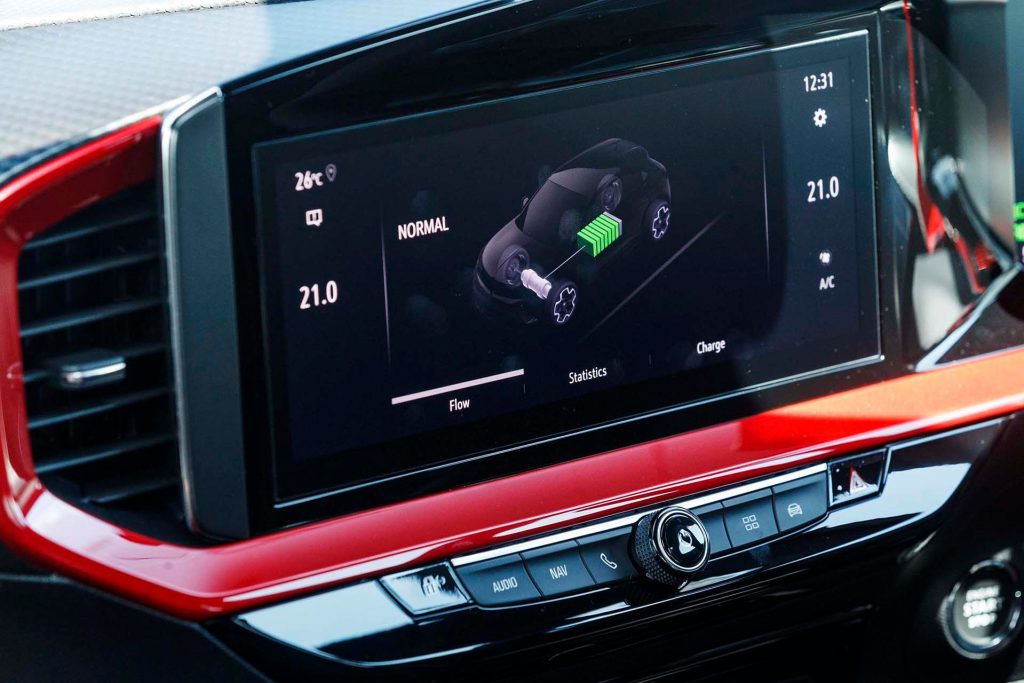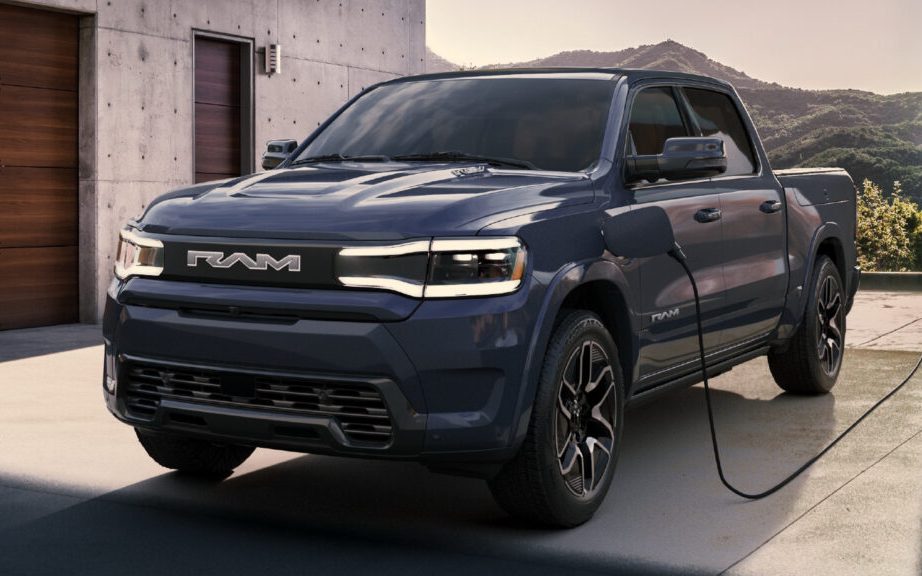The owner of Peugeot/Citroen, Jeep, RAM, Alfa and Fiat, Stellantis, has invested in Tiamat, which will manufacture sodium-ion electric car batteries in France.
This isn’t the only large carmaker to invest in sodium ion tech either, as VW is working closely with Northvolt and JAC, both heavily invested in sodium ion battery manufacture.
The idea is that sodium-ion batteries will significantly reduce the entry price of small urban electric cars. Sodium-ion is being seen by several manufacturers as a more cost-effective battery chemistry. The next-generation electric Sandero by Dacia could use Chinese giant BYD’s sodium-ion tech. The latter recently signed a $1.2 billion contract to build the world’s largest sodium-ion battery factory in Xuzhou, with an eye to powering both small cars and scooters.

Meantime, the investment of Stellantis in Tiamat will ensure a sodium ion battery factory in France gets underway. Tiamat, a division of the French National Centre for Scientific Research, may well be the first company in the world to commercially produce a sodium-ion battery.
Tiamet will begin by building batteries for power tools and energy storage devices and will scale up to “second-generation” cells for EVs, though when that might occur is unclear.
A Stellantis spokesperson said that sodium-ion technology offers a lower cost per kilowatt-hour and requires no lithium or cobalt. Sodium is much more widely available and therefore cheaper and more sustainable than lithium. However, it is three times as heavy so battery weight is an issue. That said, no cooling system is needed because sodium-ion batteries can function fine in all temperatures.
Tiamat says sodium-ion is a “stable chemistry for simple, safe, fast and performing solutions”. The aim is a charge time of five minutes, power density of 2-5kW per kg, and 80 per cent remaining capacity after 5000 cycles. Energy density is currently the main disadvantage of the technology but further cathode development may change this.

Stellantis wants to halve battery weight in its EVs by introducing new lightweight technologies and more efficient cell packaging.
The company has also taken an interest in US-based Lytten, which is developing lithium-sulphur batteries. Both are integral to the Stellantis plan of being net carbon zero by 2038. The aim is to only produce EVs in Europe by 2030, and for a 50 per cent EV mix in the US by then.
The company says it has already secured supplies of “EV raw materials” to take it through to 2028 via its global partners.


